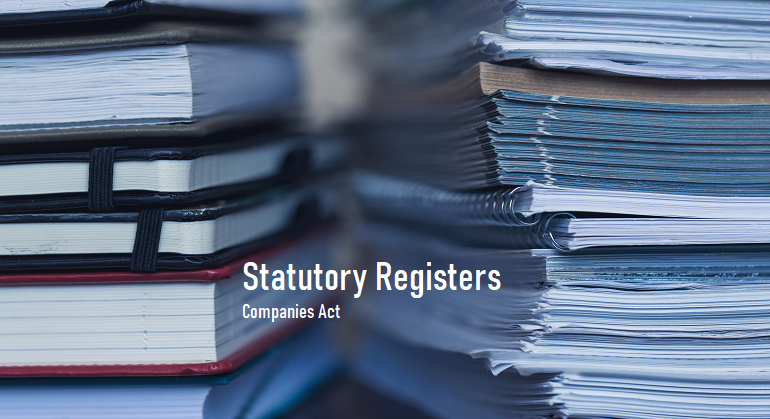Authorised Capital & Paid-up Capital Decoded
Introduction
The term ‘Capital’ has a variety of meanings. It may mean one thing to an economist, another to an accountant, while another to a businessman or a lawyer. A layman views capital as the money, which a company has raised by issue of its shares. It uses this money to meet its requirements by way of acquiring business premises and stock-in-trade, which are called the fixed capital and the circulating capital respectively.
In relation to a company limited by shares, the word ‘capital’ means the share capital i.e., the capital in terms of rupees divided into a specified number of shares of a fixed amount each. For example, share capital of a company is Rs.1,00,000 which can be divided into 10,000 shares of Rs.10 each or 1,000 shares of Rs.100 each, whichever is feasible to the company.
- What is Authorised Capital?
Authorised or Registered Capital of the company is the maximum amount of money that the company can raise by issuing its shares. To raise capital beyond the authorised capital, the company needs to get approval of its existing shareholders by passing a special resolution in the general meeting and by paying a requisite fee to the Government. For example, if a company is registered with Rs. 1 lakh as its authorised capital, the board of directors cannot raise money beyond that limit by issue of shares unless authorised by a special resolution at the general meeting of the company.
- What is Paid-up Capital?
Paid up capital is a portion of issued capital that has been paid up by the shareholders. For example, if a share of Rs.10/- has been issued, it is not necessary that Rs.10/- needs to be paid up as well at the time of application. The company may call for the balance amount in installments as well. Thus, paid up capital is the part of issued capital which has been received by the company at a given period of time. The remaining uncalled capital is a debt due from the shareholder by the company. Under Companies Act, 2013, after the amendment of 2015 there is no requirement of minimum paid up capital.
- Key Differences between Authorised Capital & Paid-up Capital
|
Authorised Capital |
Paid Up Capital |
|
1. The Authorised capital can be increased by following necessary steps as required by law. |
1. To increase Paid-up capital the company does not need sanction of its shareholders so long as it does not exceed authorised capital. |
|
2 .The company cannot use its Authorised Capital to calculate its net worth since it does not necessarily represent the asset that the company has at a given point. |
2. Paid up Capital of the company is needed to calculate the net worth of the company since it represents the assets lying with the company at a given point. |











